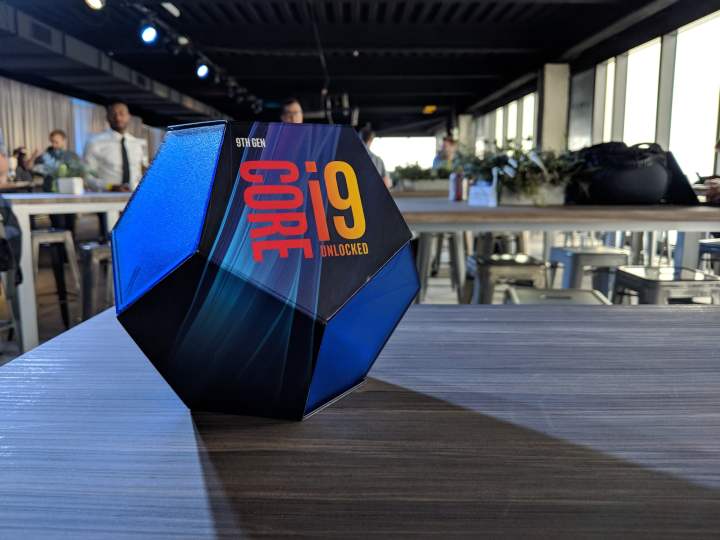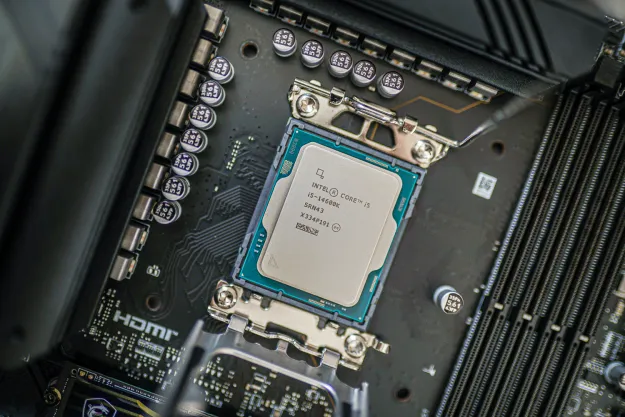
After some major controversy surrounding Principled Technologies’ testing of the Intel i9-9900K and AMD Ryzen 2700X processors, the benchmarking firm has finally published updated results. This time around, the new testing shows things to be much worse than before for Intel, with the AMD Ryzen 2700X seeing better overall performance than Intel’s latest processor.
In the updated testing, paid for by Intel, Principled Technologies turned off the highly controversial Game Mode on the AMD Ryzen 7 2700X. This caused games to leverage the full power of the eight cores and sixteen threads on board the processor in its native Creator Mode. It adds up big time and showed major improvements for the AMD processor in most of the 19 games tested.
In tests using the ultra-benchmark-demanding game, Ashes of the Singularity, Intel’s original claim that its processors were 50 percent faster over AMD’s fell down to just a 17-percent advantage. Initial testing of the AMD Ryzen 7 2700X with Game Mode on scored it a total of 35.5 FPS over the Intel Core i9 9900K’s 55.8 FPS. The updated testing now ups the framerates on AMD Ryzen 7 2700X to 47.4 FPS with Creators Mode on. Across the board, the results are broadly the same, with Intel’s processors having a 12-17 percent FPS advantage over the AMD Ryzen 7 2700X in most games.
“We tested various generations of Intel and AMD processors as listed in our original report. Based on community feedback, we have done additional testing … We have now added results from our testing of the AMD Ryzen 7 2700 X in its default mode. That mode overall yielded the best gaming performance on the 2700X,” explains Bill Catchings, co-founder of Principled Technologies.
An Intel spokesperson also issued the following statement on the updated testing, echoing on the feedback from those who originally pointed out issues in the original Principled Technologies benchmarks.
“Given the feedback from the tech community, we are pleased that Principled Technologies ran additional tests. They’ve now published these results along with even more detail on the configurations used and the rationale. The results continue to show that the 9th-Gen Intel CoreTM i9-9900K is the world’s best gaming processor. We are thankful for Principled Technologies’ time and transparency throughout this process. We always appreciate feedback from the tech community and are looking forward to comprehensive third-party reviews coming out on October 19”
Intel claims the Core i9-9900K to be the “best gaming processor yet,” and the updated benchmarks still hold that to be true — albeit with a smaller advantage. The processor is still relatively expensive when compared to the competition, and more in-depth benchmarks and comparisons are likely to surface soon once more reviews hit the streets later this month.
Editors' Recommendations
- 4 CPUs you should buy instead of the Intel Core i9-13900K
- Intel just launched the ‘world’s fastest’ CPU
- Intel may have a monster new CPU coming soon
- Here’s how the M3 Max chip compares to the most powerful Windows laptops
- I tested Intel’s new overclocking tool, and it does AI all wrong



